Stuck in painful memories or anxiety that won’t go away?
EMDR helps you heal faster by resolving the root cause—not just the symptoms.
Healing Can Be Easier Than You Think. आज ही अपने आघात को ठीक करें. امروز زخمتان را التیام ببخشید.
Stuck in painful memories or anxiety that won’t go away?
EMDR helps you heal faster by resolving the root cause—not just the symptoms.
Healing Can Be Easier Than You Think. आज ही अपने आघात को ठीक करें. امروز زخمتان را التیام ببخشید.
EMDR is a leading psychological approach that uses Bilateral Stimulation (eye or hand movements) to promote neuroplasticity, accelerating the brain’s natural ability to adapt and form new connections. This process can eliminate distressing symptoms, behaviors, and thought patterns by creating lasting changes in the brain. It is evidence-based.
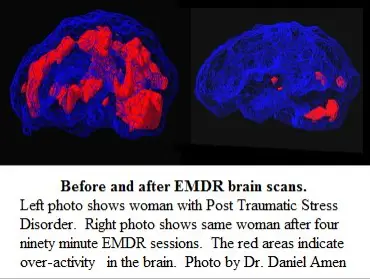
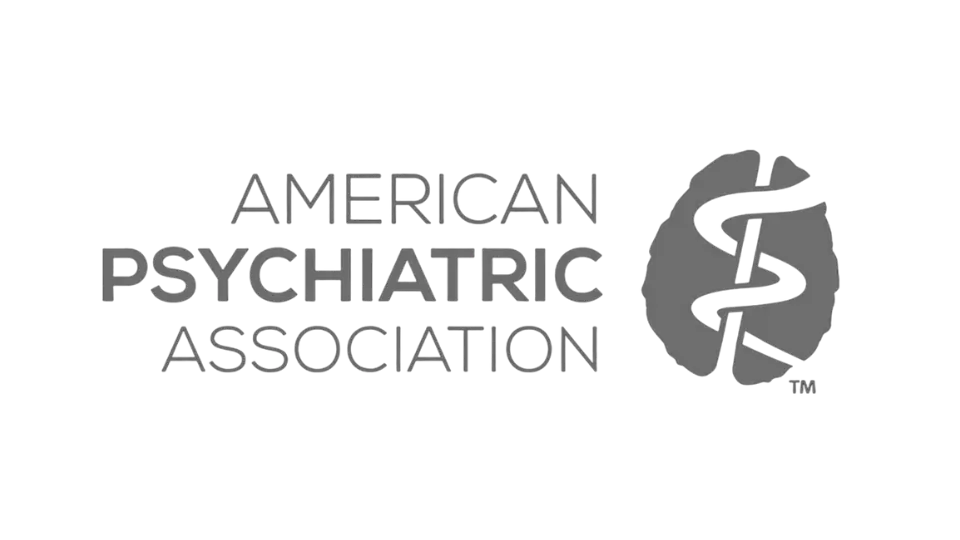

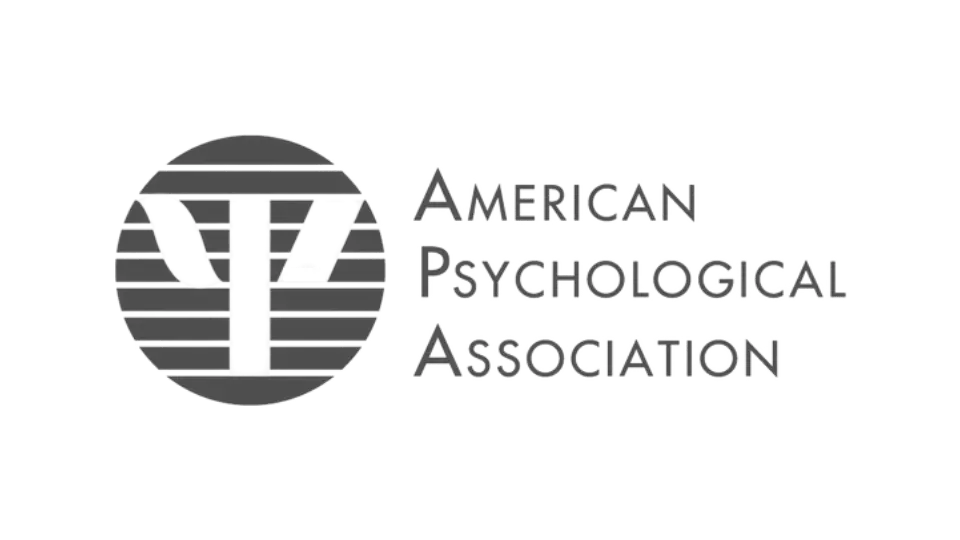



EMDR is a powerful psychological approach that uses Bilateral Stimulation (eye or hand movements) to enhance neuroplasticity, accelerating the brain’s ability to adapt and form new connections.
Developed by Dr. Francine Shapiro, EMDR is rooted in the Adaptive Information Processing theory, which posits that psychological distress stems from past negative experiences or traumas stored maladaptively in the brain and nervous system.
Since the nervous system does not distinguish between recent and past events, stress can trigger disproportionate responses to present situations, which EMDR helps to resolve.
EMDR therapy often eliminates distressing symptoms, behaviors, and thought patterns by changing the brain, with results that can improve over time through a generalizing effect, while offering faster outcomes than other approaches and flexibility for complex cases when used by advanced practitioners.
You may find out more about the evidence of EMDR Therapy here.
History & Treatment Planning
Preparation & Stabilization
Assessment
Desensitization
Installation
Body Scan
Closure
Re-Evaluation

**$170 Per Hour** | Youth (6-12) & Adults (18+)
CBT | Schema Therapy | EMDR | Play Therapy
Anger | Anxiety | Immigration | Self-Esteem...
English | Farsi

$170-$185 Per Hour** | Adolescents, Teens, Adults, Couples
Trauma-Focused CBT | DBT | EMDR
Christianity | Spirituality | Anger | Depression | PTSD...
English | Hindi

**$250 Per Hour** | Adults
EMDR | TI-EMDR | DBT | Progressive Counting
Cultural Trauma | ADHD | ADD | Sexual Abuse...
English

**$200 Per Hour** | Children, Adolescents, Teens, Adults
EMDR | IFS | CBT | DBT | Hypnosis | Yoga | SFBT
ADHD | Anxiety | Trauma | Spirituality |
Sleep...
English

**$275 Per Hour** | Adults (21+), Couples
EMDR | TI-EMDR | EFT-Couples
Panic | PTSD | Sexual Abuse | Self-Sabotage...
English



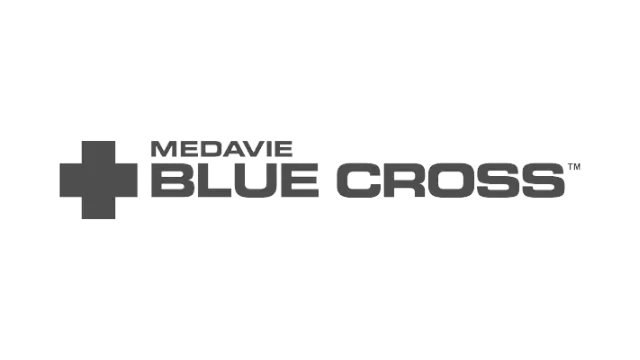


The Working Memory Theory explains EMDR’s effectiveness by suggesting that it activates a traumatic memory in the working memory while applying bilateral stimulation or other taxing tasks. This process reduces the memory’s vividness and emotional charge, as the working memory becomes unable to retain all details simultaneously.
EMDR therapy changes the memory in the brain by helping clients neutralize its emotional charge and replace it with positive beliefs like “I can handle it” or “I’m enough.” This “new memory” is then reconsolidated into long-term memory, allowing symptoms to disappear, and the process continues until all targeted memories are resolved, freeing clients to live fully.
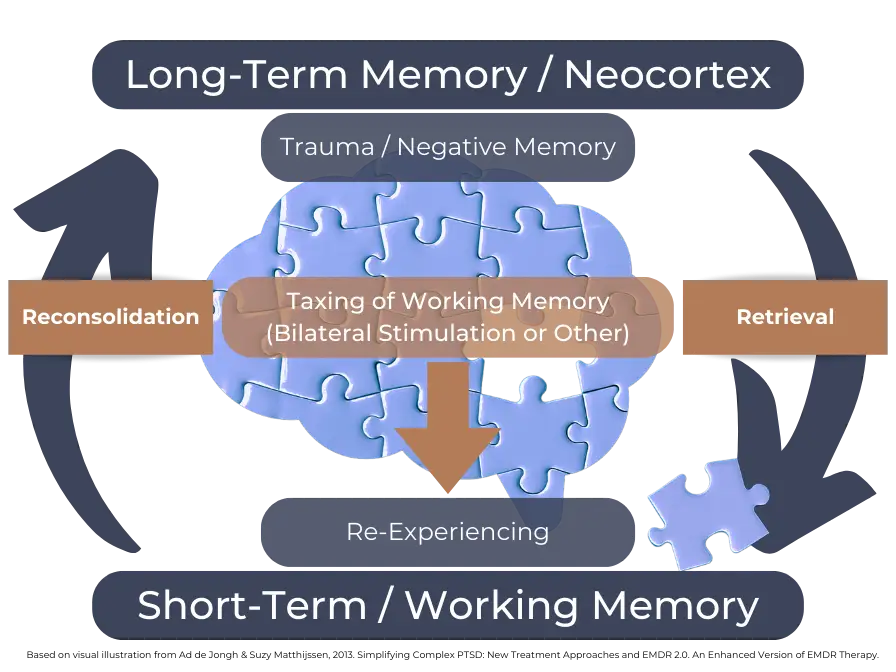
Watch EMDR Demonstrations here (FULL Consent Provided by Actual Clients to share for educational purposes):
Peer-reviewed evidence and clinical experience with over 70 patients confirm that an intensive EMDR approach significantly accelerates results by compressing 3–5 months of therapy into as little as 3-5 days. By increasing session frequency and duration, clients process, heal, and rewire more efficiently, making this model ideal for those with tight schedules or urgent issues such as panic attacks, relationship crises, or major life events, providing substantially faster progress.
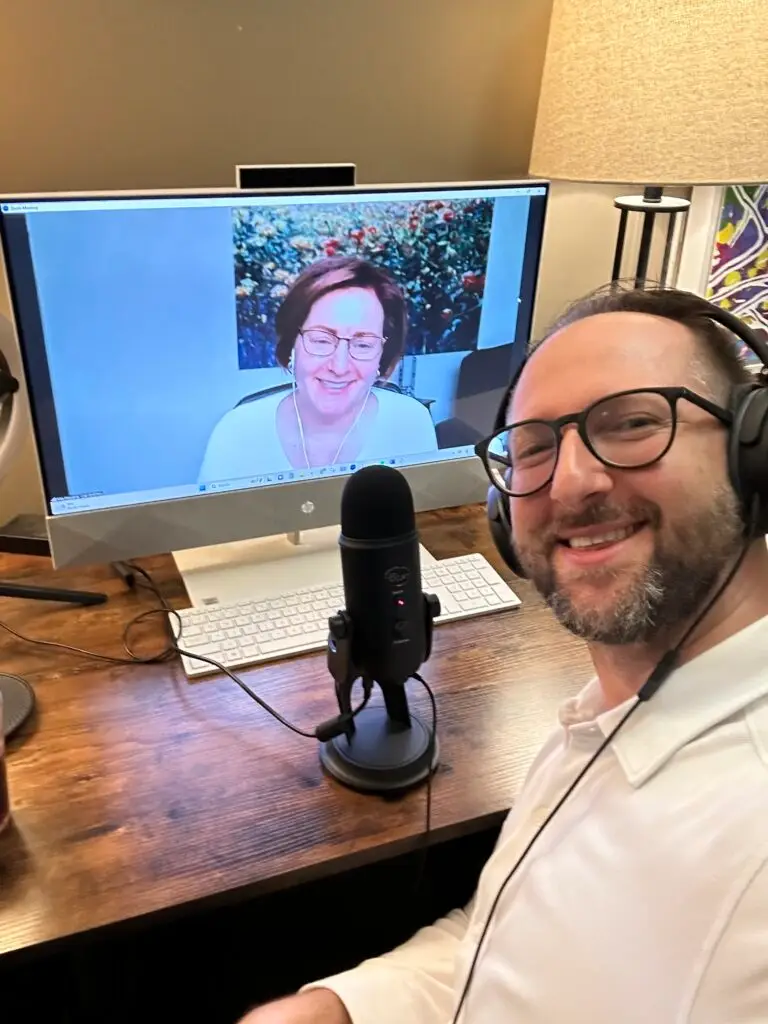

Prince Harry, the former Duke of Sussex, told Oprah and Good Morning America he used EMDR to help with anxiety related to returning to the UK.
He originally heard of EMDR from his therapist.
Credit Agencja Fotograficzna Caro Alamy Stock Photo

Ashley Judd used EMDR to process intense grief from the passing of her mother.
Credit: Ron Sachs CNP MediaPunch Alamy Stock Photo

After dealing with a stalker who broke into her home in 2014, Sandra Bullock decided to try EMDR.
Credit Allstar Picture Library Ltd Alamy Stock Photo

Evan Rachel Wood was responsible for lighting the torch against Marilyn Manson for allegations of multiple counts of sexual abuse. The actress, model, and singer, told the world that she was going through EMDR therapy.
Credit Jennifer Graylock Alamy Stock Photo

Good Morning Britain Star, Kate Garraway, shared she sought EMDR therapy to help her cope with her husband’s year-long battle with COVID-19.
Credit Rich Gold Alamy Stock Photo

Michael Jackson’s daughter, Paris Jackson, went through EMDR treatment for PTSD, and suicidal thoughts triggered by social media.
Credit Jaguar Alamy Stock Photo

“Scary Spice”, Mel B shared she was overcoming self-destructive patterns of sex and substance abuse with the help of EMDR.
Mel B Credit Bill Belknap Alamy Stock Photo

Actress and Comedienne, Whitney Cummings shared her experience of successful EMDR therapy to help her overcome “impostor syndrome,” saying “EMDR saved my life.”
Credit Media Punch Alamy Stock Photo

Already a mental health advocate, Russel Brand shared his stage with Jameela Jamil to promote her experience of EMDR.
Credit Lenny Monge Photo Works Media Alamy Stock Photo

“This month, 6 years ago, I tried to take my own life. I’m so lucky that I survived, and went on to use EMDR to treat my severe PTSD.”
Credit Paul Smith Alamy Stock Photos
While the BCACC recommends the average cost of Registered Clinical Counselling to be between $120-$150 per hour, we know our specialized training in EMDR, and our clinical experience makes our Certified EMDR Therapists worth every penny.
And we’ve done the math.
Most talk therapies can last for 2-3 years. At a rate of $120 (low side) x 50 weeks (usually talk therapy is done weekly, but taking 2 weeks off for holidays, etc.) x 2.5 (average between 2 and 3 years) = $15,000.
If we take our approach to EMDR at our highest rate of $250 per hour multiplied by 20 hours (average, which can be completed with 1 to 6-hour sessions, once or more times per week) = $5000.
Depending on your goals and timeline, you could start and complete treatment within a couple weeks or a couple months and you could save upwards of $10,000 in the process, despite spending more per hour.
Quite possibly. It’s important to check with your insurance carrier to determine if they cover “Registered Clinical Counselling,” “Clinical Counselling,” “Counselling,” “Mental Health Counselling,” “Psychotherapy,” “Psychological Services.”
Some carriers only cover services from Psychologists, Psychiatrists, or Social Workers. Others accept Registered Clinical Counsellors (which is our designation).
We have conveniently included all insurance carriers where our services are accepted (although others who have not been included may still provide reimbursement if they cover Registered Clinical Counsellors).
If you determine your carrier will accept our services in full or in part, you are required to pay in full for our services, and then seek reimbursement from your insurance carrier.
EMDR sessions will look quite different from other therapies almost immediately.
Phase 1 (History-Taking and Treatment Planning) will look somewhat similar in that there will be talking in order to build the therapeutic relationship and allow for the therapist to get the necessary information to be successful.
But that is where the similarities end. Because EMDR utilizes bilateral stimulation to facilitate the growth of new neurological pathways and connections, the client will follow the therapist in either following a ball moving across the screen (virtual sessions), or the therapist’s hand moving back and forth, or be instructed to follow the therapist in bilateral taps (not to be confused with taps arising from EFT [Emotional Freedom Technique] tapping). Sometimes during in-person sessions, the client may hold theratappers which vibrate (about the strength of a cell phone’s vibration). Compared to traditional therapy, EMDR looks weird…but it works!
Our brain absorbs millions of pieces of stimuli every second, and according to the Adaptive Information Processing theory (what EMDR is based upon), it uses that information to constantly adapt and grow. When the brain determines information is no longer relevant, it is updated and stored differently.
Trauma and highly distressing negative experiences are locked in the brain and nervous system as “critically important,” and everything that made those moments up become triggers to “help” the organism increase its chances of survival (which is why being triggered can feel like your brain has become hijacked and responses to “otherwise mundane” situations can be seem so extreme at times).
During EMDR therapy, the process of bilateral stimulation relaxes and distracts the brain’s attention to the critical importance of the stimuli associated with the events, and allows the nervous system to calm down. When the nervous system’s response is relaxed, the brain naturally comes to the realization that the information it was responding to so strongly is now outdated information from the past, and it can now update those events with current knowledge, and it then stores it away as “factual events” (no longer critically important because the nervous system isn’t reacting negatively to it in the present moment, therefore it’s no longer relevant for survival).
Most of our sessions are virtual aside from VIP EMDR Retreats (some of our Associates may elect to offer the occasional in-person session, so it’s important to check with them).
While offering virtual sessions nearly exclusively may seem unorthodox, during the COVID-19 pandemic lock-down, Robert discovered virtual sessions were superior in many ways to in-person sessions.
Some reasons for this are: allowing clients to meet in the comfort of their home or office, allowed clients to reach a new level of authenticity by not needing to get “dressed up for the world;” and not needing to account for travel time was greatly appreciated by most of our clients who have busy schedules. Furthermore, virtual sessions require the therapist to attune much more deeply to their client, and having a therapist who is even more deeply attuned to their client, can only benefit treatment.
We wish we could answer this definitively, as most clients ask in order to arrange budget, scheduling, etc.
It’s impossible to give an exact answer, but most of our clients require anywhere between 15 to 20 hours (of course some need more, some need less).
Because speed is one of our clients’ main concerns, and one of our core values, we offer options to accelerate results, by extending session times.
While this obviously increases costs, it’s not for everyone – and not everyone is a fit right away.
However, for those who require near-immediate results, we recommend speaking with your therapist about trying Total Immersion EMDR. Robert has had tremendous success with over 30 cases where life-changing results were obtained in as little as a single weekend.
After successful treatment, most clients report a complete elimination of the issue(s) they entered treatment for help with (this is dependent upon therapeutic goals of course). For example: no longer experiencing anxiety or panic during situations that would have otherwise triggered the individual had they not undergone EMDR treatment; no longer feeling the urge to compulsively engage in unwanted or self-sabotaging behaviours; feeling energized, motivated, and hopeful for the future when before they were experiencing symptoms of depression; etc.
Having the right EMDR therapist can often be a differentiating factor. While EMDR is based upon a standard protocol, knowing how and when to deviate from that protocol in the best interest of the client, separates those who are simply “trained in EMDR,” from those with advanced knowledge and wisdom.
The changes are often so natural, individuals only realize they’ve occured after the otherwise triggering situation was successfully handled, or close friends or family members point out the changes they are surprised to be observing (sometimes clients will text or email totally elated and want to share their breakthroughs…and we love it every time).
The important thing to remember is EMDR is as much a physical process as it is an emotional and psychological process (and for some a spiritual one as well). It is impossible to refute that when looking left the right hemisphere of the brain is activated, and vice versa (same with body taps). EMDR’s effectiveness is as real as gravity.
Because the process of EMDR facilitates rapid psychological processing, although organic, it is still possible to experience what some might consider “side effects” for approximately 3 hours (at the peak), and then a steady decline for approximately 3 days post-session. The typical physical symptoms past clients have reported include: headache, stomach ache, and fatigue. It’s also possible to experience vivid dreams, and to recall forgotten memories or fragments of memories.
These responses are due to the brain’s reconsolidation efforts of new information (neuroplasticity).
With all of that said, side effects can be positive – and are in fact what most people hope for when undergoing EMDR therapy. Some of these could include: feeling calm and relaxed when faced with triggers that would have otherwise caused anxiety, depression, addictive responses, etc.; handling otherwise stressful encounters with ease and confidence; advocating for oneself; etc.
Yes absolutely. While medication is not necessary for successful EMDR, we understand some individuals may enter treatment already taking prescribed medication. We believe medication taken for the correct reason has its advantages, and we want what’s best for our clients. With that said, it is important to understand that work conducted while on medication will influence results due to state-specific-learning. This means that new neurological connections are made which include those caused by the medication.
Often the positive effects of successful EMDR treatment propel individuals to discuss their options with their doctor for reducing or eliminating medication. Should this occur, clients would need to return to re-evaluate previous work with their therapist to ensure results have been maintained.
It is possible to notice with the absence of medication a very slight increase of distress associated with previous work, but often this can be corrected with minimal session time.
We strongly urge you do not attempt EMDR by yourself. While there are programs existing on the internet and YouTube videos that appear simple to use, conducting bilateral stimulation on yourself can be extremely risky and potentially dangerous.
For this reason, the EMDR International Association (EMDRIA) has issued warnings against these programs, and have decisively ruled that these programs are not EMDR. EMDR is only able to be conducted with a therapist present.
We can only recommend that anyone interested in trying EMDR, seek the aid of an EMDRIA-Certified EMDR Therapist.
It’s confusing isn’t it? Let’s bring some clarity here.
Psychiatrists are medical doctors (MD’s) with a focus on mental health. They can formally diagnose and prescribe medications.
Psychologists are “doctors of psychology” but are not medical doctors. They have a PhD. They are allowed to diagnose mental health conditions, conduct psychological assessments, but cannot prescribe medications.
Psychotherapists and Clinical Counsellors are interchangeable designations where each province will have certain protected rights to use a particular designation. For example, in British Columbia, we are called either Registered Clinical Counsellors or Certified Clinical Counsellors; in Ontario the term used is Registered Psychotherapist. Counsellors/Psychotherapists (whichever term is used) generally have a MA level degree, are able to conduct psychological /counselling services but are not able to formally diagnose, assess, or prescribe medication.
Social Workers are able to conduct counselling sessions and are governed by the College of Social Workers. They may also belong to other professional associations and conduct therapy/counselling/psychotherapy within those guidelines.
Social workers most often have a MA level degree, and like Clinical Counsellors/Psychotherapists, cannot formally diagnose, assess, or prescribe medication.
Hope that helps!
Our EMDR sessions generally fall between 1 to 2 hours, and are conducted 1-3 times per week depending on a variety of factors, including clinical goals, scheduling, budget, etc.
For those who wish to further accelerate their results, we offer Total Immersion EMDR.
This is conducted as a full day service and lasts between 5 and 6 hours.
A general idea of the daily structure is 3 hours before lunch (with breaks as needed), a 1 hour break for lunch, then up to 3 more hours after lunch (breaks as needed).
Total Immersion EMDR can be conducted online from the comfort of your own home, office, or wherever feels most secure for you (as long as you reside within the geographical boundaries of our practice).
In select cases, Total Immersion EMDR can be conducted in-person at a temporary office location near your home or hotel you are staying at (as long as it’s within our geographical boundaries of practice). In-person Total Immersion EMDR is billed at a higher rate to account for schedule modification, travel time and accomodations, etc.
Not everyone will be a fit for Total Immersion EMDR. Your safety is most important to us.
In order to determine whether you might be a potential fit for Total Immersion EMDR, we require a specific conversation to discuss your options.
While we do our best to adhere to strict confidentiality, we cannot guarantee complete privacy when messaging us over the internet. Please only share what you feel comfortable sharing in this format.

We use cookies to improve your experience on our site. By using our site, you consent to cookies.
Manage your cookie preferences below:
Essential cookies enable basic functions and are necessary for the proper function of the website.
These cookies are needed for adding comments on this website.
Google reCAPTCHA helps protect websites from spam and abuse by verifying user interactions through challenges.
Google Tag Manager simplifies the management of marketing tags on your website without code changes.
Statistics cookies collect information anonymously. This information helps us understand how visitors use our website.
Google Analytics is a powerful tool that tracks and analyzes website traffic for informed marketing decisions.
Service URL: policies.google.com
Marketing cookies are used to follow visitors to websites. The intention is to show ads that are relevant and engaging to the individual user.
Facebook Pixel is a web analytics service that tracks and reports website traffic.
Service URL: www.facebook.com
TikTok Pixel is a tracking tool that measures user interactions and optimizes ad campaigns on the TikTok platform.
Service URL: ads.tiktok.com
You can find more information about our Cookie Policy and Privacy Policy.

Dive deeper into EMDR and learn why You NEED Therapy! Hint: Robert believes we all need therapy ;)
Inside you’ll discover: